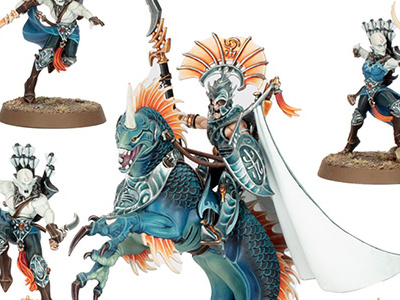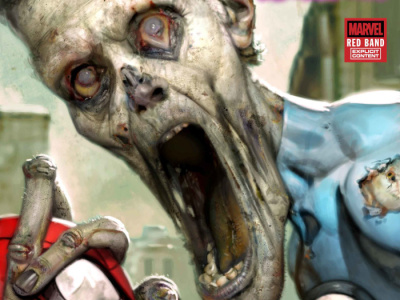In his introductory speech at the Harvey Awards presented at the Pittsburgh Comicon, (appropriately reported by Comicon's Splash page) Frank Miller characterized Wizard Magazine as a 'tapeworm' and, somewhat more grandiloquently, as a 'bible written by Satan.' Most of Miller's speech revolved around Hollywood and in particular tinseltown's appropriation and subsequent mangling of creative concepts, which he quite correctly compared to a 'Cuisinart' which blends colorful original ideas into a milky pablum that will not offend (or inspire) the mass audience. Near the end of his speech he segued from slothful film producers who hire readers to screen scripts to Wizard Magazine, which he claimed 'reinforces all the prejudices people hold about comics.' Miller was vague in his indictment of Wizard's actual offenses; perhaps he feels that Wizard's sins are so egregious and manifest that they don't require recounting. His symbolic throwing of the magazine into a trash can at the climax of his speech does sound like it made for good theater.
Fred Pierce, the President of Wizard Entertainment posted a reply to Miller on the Wizard World website. Rather than accept Miller's characterization of Wizard as a parasite feasting in the bowels of the comic kingdom, Pierce talked about it as 'an ambassador for the comic industry, ' pointing out that Wizard often represents the only 'comic book' presence on many newsstands. Pierce faults Miller for taking cheap shots, and points out that the people who create Wizard 'pour their hearts and souls into the magazine every month.' Pierce's defense is heartfelt, but it is clear from the way that he repeatedly refers to the result of all that 'soulful' effort on the part of the Wizard staffers as 'product,' that he is a long way from understanding Miller's objections.







